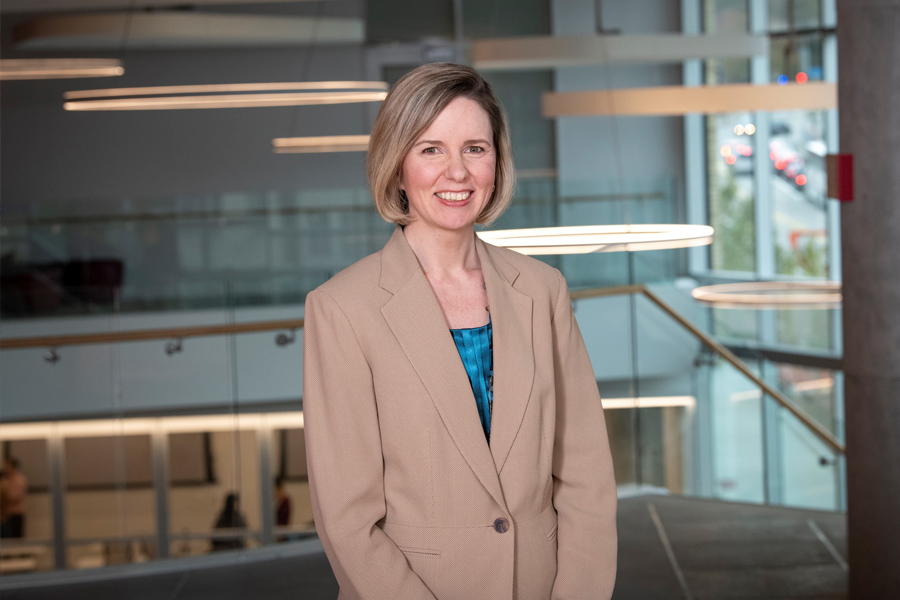
Smart People Don't Make a Smart Team
Great minds don't always mean you'll get great results. Even if you put them together.
Anita Williams Woolley studies collaboration and problem-solving within teams as an associate professor in Carnegie Mellon University's Tepper School of Business. This week she will present at the World Economic Forum's Annual Meeting of New Champions in Dalian, China, about how groups of people can achieve collective intelligence.
She has discovered certain tactics that make groups more successful.
"For a long time, we assumed that a group of smart people made for a smart team," Woolley said. "It turns out that being an intelligent team means more than just having members with high intelligence."
For example, Woolley conducted an experiment that varied whether teams had generalists or subject matter experts trying to solve a terrorism case. The generalists performed about average. The experts were significantly worse.
But then the Woolley forced the teams to do a communications exercise prior to looking at the problem. That's when clear differences emerged.
"Suddenly teams that had experts performed far better," Wooley said. "They just needed to collaborate more effectively."
She says the strongest teams are the ones that don't have someone who takes charge and does most of the talking. Instead, all group members must participate and ask plenty of questions from the outset. By learning each person's skills and strengths, all members are more apt to participate and play the roles that benefit the group as a whole.
Because equal communication is such a key indicator of success, Woolley is experimenting with machine-based interventions that can help people keep track if team members are talking too much or too little.
"I'm hoping that attendees in China will learn how to set up teams for success by using strategies that foster better communication and collaboration," she said.

